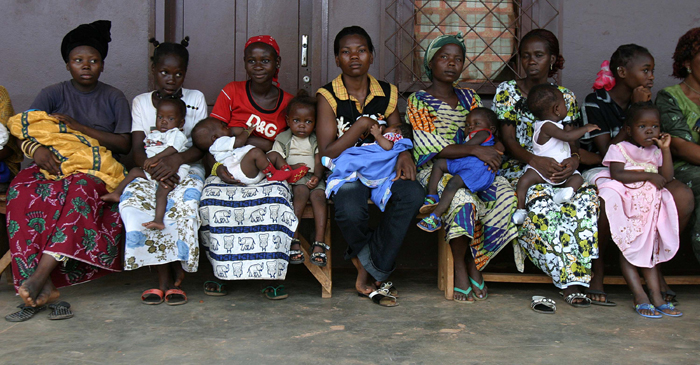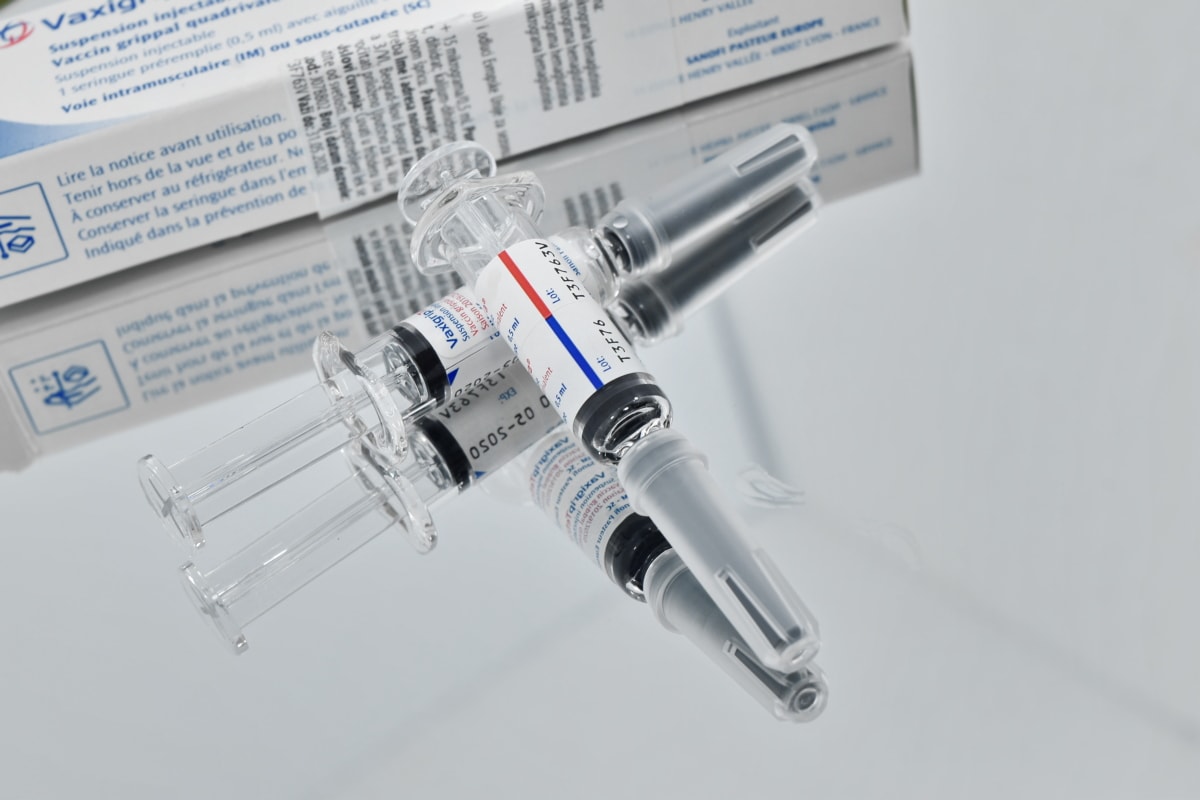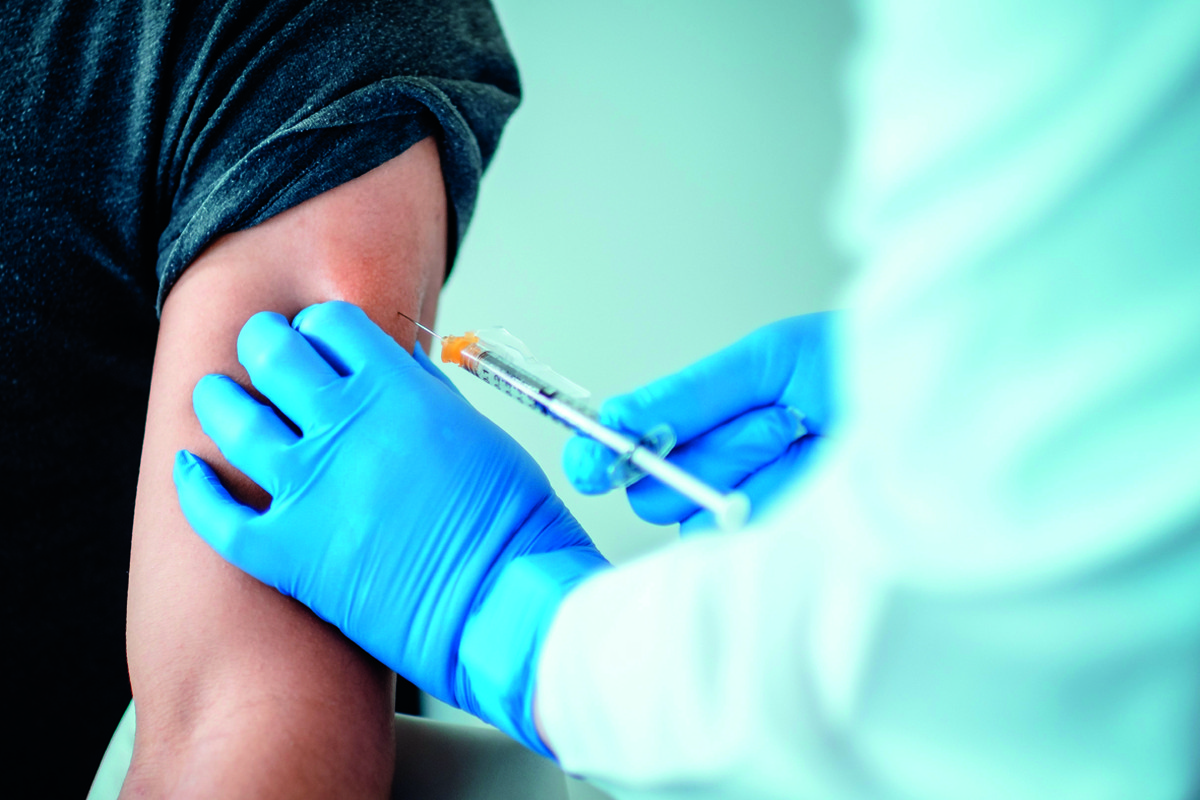Setbacks in the fight against AIDS, although progress has been made in vaccine development
2021/12/01 Galarraga Aiestaran, Ana - Elhuyar Zientzia Iturria: Elhuyar aldizkaria

International agencies have warned that the crisis caused by covid-19 has led to delays and disruptions in anti-AIDS planning. These setbacks have been most noticeable in impoverished countries and in social groups that suffer discrimination. That is why the Joint United Nations Programme on HIV/AIDS, Unaids, has launched a declaration calling for combating social inequalities, as the socio-economic gap clearly reflects the effects and consequences of AIDS and other diseases.
The impact of the covid-19 emergency has also been identified in Europe: ECDC and the WHO European Section report that between 2019 and 2020 there has been a 24% decline in the number of new infections due to decreased diagnosis. In fact, covid-19 has disrupted AIDS services and has had difficulty accessing HIV positive or suspected people. Not only in diagnosis, but also in treatment and prevention.
Meanwhile, MRNA vaccines have received a great boost demonstrating their efficacy against covid-19, which has accelerated research being carried out for other diseases, such as AIDS. Modern, for example, is developing two DNA vaccines to prevent AIDS and has announced that it will soon start clinical sessions in people.
Other vaccines are more advanced. Among them is the one being tested in the Mosaic study. It has passed the first and second phase of clinical sessions and is now being tested in 8 countries (Argentina, Brazil, Italy, Mexico, Peru, Poland, Spain and the USA). Volunteers are cis and transs men who have sex with men and should not take antiretrovirals for prevention. In fact, it has been shown that this treatment is very effective in preventing AIDS, so the effect of the vaccine could not be measured.
This study is being carried out in collaboration with the Janss laboratory. In fact, the effectiveness of two regimens is being investigated: one with an adenobyric vaccine (four doses) and one with a protein vaccine, which is given together with the third and fourth doses of the previous vaccine. These proteins are the most diverse variants of the liver, so they are expected to be able to produce antibodies against the main varieties.

Gai honi buruzko eduki gehiago
Elhuyarrek garatutako teknologia






